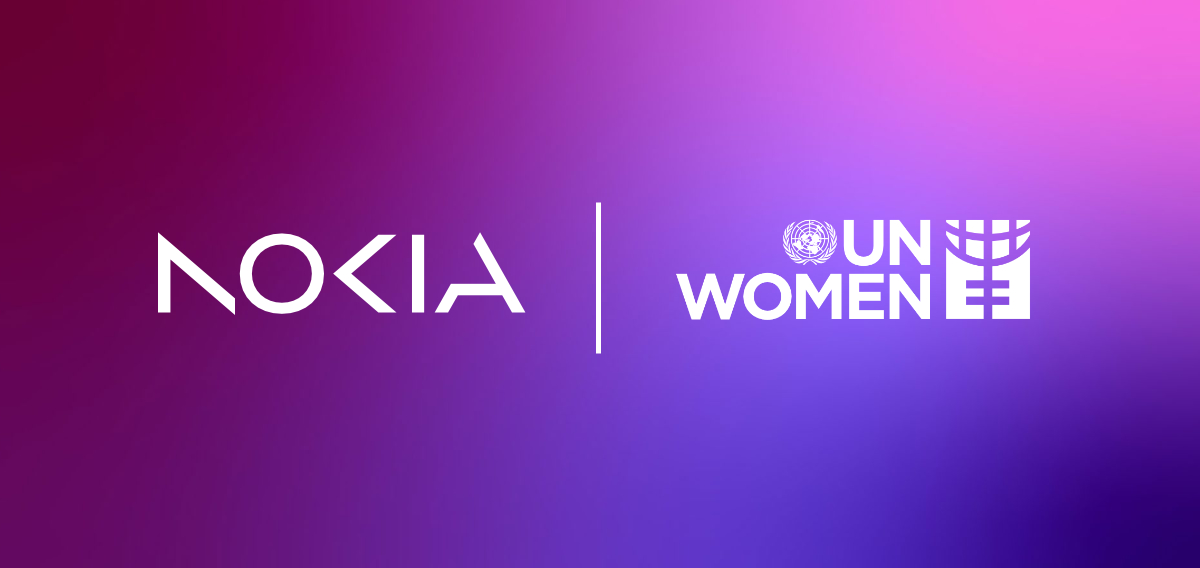Nokia Saudi Arabia launches inaugural graduate programme for women in tech
Date:

Since 2021, the UN Women Regional Office for the Arab States (ROAS) has partnered with Nokia to increase the participation of women at all levels of its workforce, including in its operations in Saudi Arabia. As a signatory to the Women’s Empowerment Principles, Nokia has committed to promote gender equality in the workplace, marketplace and community. Fostering an organizational environment that can increase the participation and leadership of women in Nokia KSA is an important objective of this partnership.
On 4 August 2022, Nokia Saudi Arabia launched its inaugural programme for women STEM graduates. With this programme, Nokia aims to directly increase the number of women with STEM qualifications who work in the tech sector in Saudi Arabia and provide an environment for talented women to thrive professionally. The program started on 17th of July and will run for two months with six students of telecommunications and computer engineering background. During the internship, the students will work with the Nokia delivery teams on customer projects in Saudi and will also benefit from the extensive training and mentoring program of Nokia.
Speaking online from Cairo, Josephine Moss of UN Women ROAS congratulated the women on their selection for the programme, and noted that their experience will contribute to test and validate the programme as one of a range of solutions to increase women’s participation and leadership in the tech sector in Saudi Arabia. Their perspectives and feedback on the graduate programme experience will inform the next steps in the Nokia – UN Women ROAS partnership in the Arab States region and beyond.
Global Agenda 2030 for Sustainable Development recognizes that “information and communications technology and global interconnectedness has great potential to accelerate human progress, to bridge the digital divide and to develop knowledge societies”. Under Sustainable Development Goal 5 (achieve gender equality and empower all women and girls), the international community has committed itself to enhance the use of enabling technology, in particular information and communications technology, to promote the empowerment of women. The private sector is a vital stakeholder to Agenda 2030 implementation.
UN Women has identified a number of barriers that contribute towards creating and sustaining the gender gap in innovation and technology. These include limited market awareness and investment in innovations that meet the needs of women; research bias; lack of gender-disaggregated data; a gender-blind approach that lacks dedicated methodologies, tools and knowledge-sharing; under-representation of women innovators and entrepreneurs; and the prevalence of negative gender stereotypes.
The tech sector, led by champions such as Nokia, can help to ensure that women benefit equally from innovation and the digital economy. By applying a gender lense to its business practices, the sector can explore new revenue streams to respond to the needs of both male and female customers, while benefiting from the talents and insights of both women and men specialists in STEM fields.
Introducing the WEPs to the graduates, Heba Hesham of UN Women ROAS, noted that they provide an important framework for anticipating barriers and providing solutions that support women’s empowerment and gender equality at work. By committing to the WEPs, Nokia is not only transforming the workplace for their women employees in KSA, but also in shaping future opportunities the tech industry by providing a successful model for gender equality that can replicated across regions.